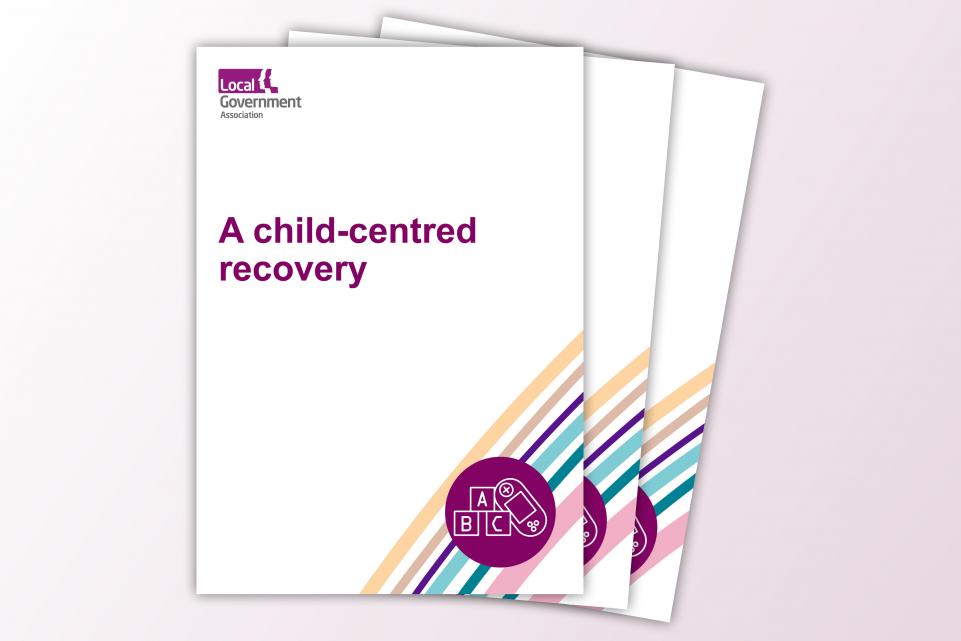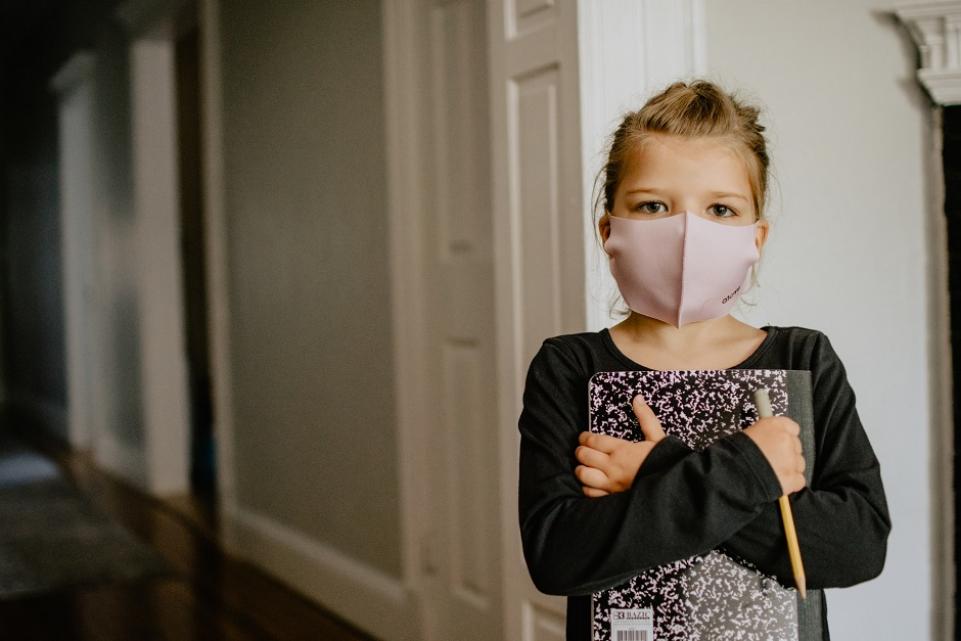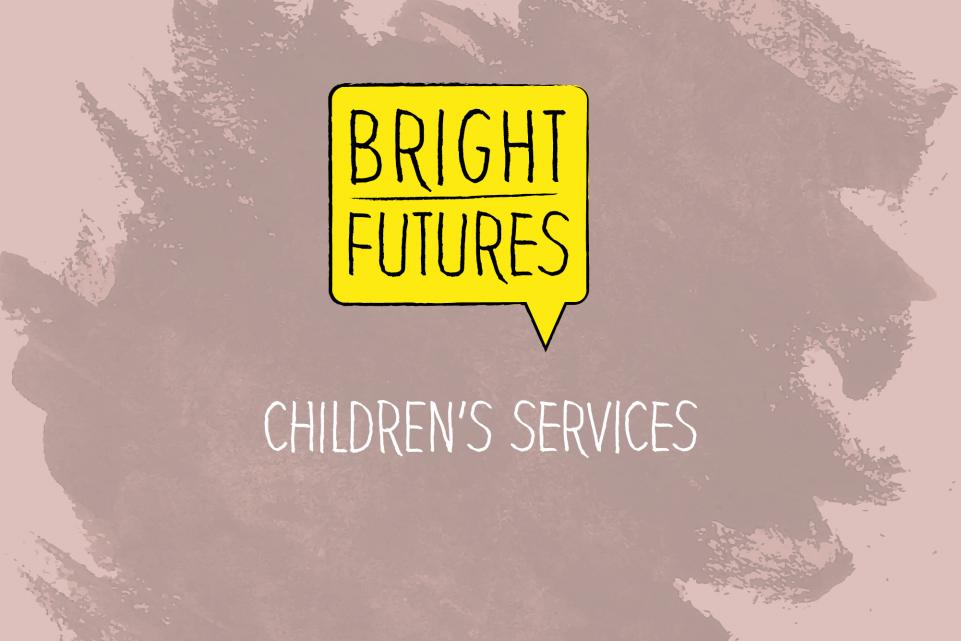Commissioned by the LGA, this research shows that education inequalities have mushroomed during COVID-19 lockdowns, with potential gaps in learning greater for pupils with special educational needs and disabilities (SEND) and other vulnerabilities.
The impact and implications of the pandemic are only just coming into focus. The purpose of our research has been to shine a light on how education and children’s services have come together in local areas to respond to the challenges of the pandemic.
We have tried to show how those working in local areas across education and children’s services have adapted and responded to the crisis, the lessons that can be learned both now and for the future, and the implications for education and children’s services going forward.
Our research has explored not only what the pandemic has caused, but also what it has revealed, within the systems of support that educate our children and support our most vulnerable and at-risk families. A strong message throughout has been that those children and young people who were already vulnerable, either in terms of their engagement with learning or their family lives, have been most negatively affected by the pandemic.
The report stresses that local education and children’s services will only genuinely “build back better” if a long-term strategy is established which provides intensive, holistic, joined-up support for families at risk and those who are potentially vulnerable. It says this needs to be delivered in a pro-active and preventative way, supported by dedicated long-term funding for early intervention focused on the most vulnerable communities and the most disadvantaged pupils.
There were six main areas of need that council and school leaders highlighted to us.
- Increasing levels of financial hardship and poverty in families
- Higher levels of demand for support from early help services
- Pressure on and a concentration of demand for statutory children’s social care
- More families choosing elective home education
- Growth in mental ill health among young people
- The scale of the learning gaps for some pupils, notably children with SEND and other vulnerabilities
Read the full report
Better connected: How local education and children’s services in England have responded to the coronavirus pandemic - produced by Isos Partnership.



